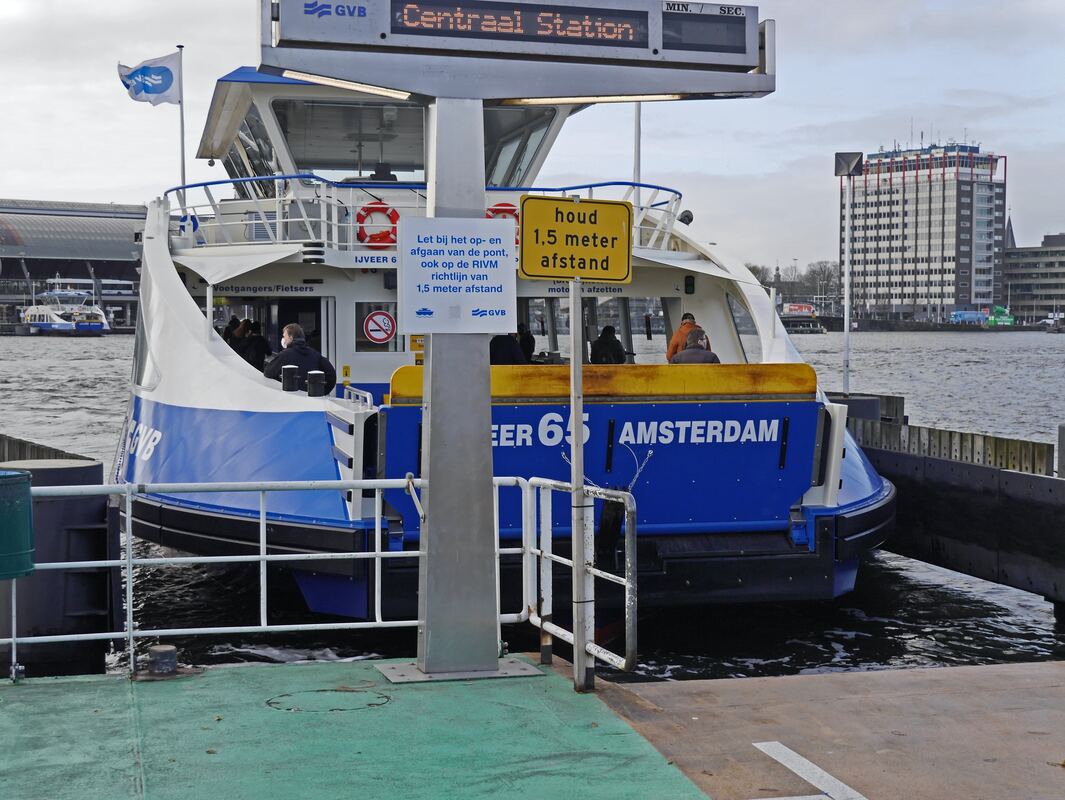1. Close Relatives: Dutch belongs to the Germanic language family, making it closely related to languages like German and English. This kinship explains the occasional similarities in vocabulary and grammar among these languages.
2. Compact Vocabulary: Dutch boasts a relatively compact vocabulary compared to English. While English has a multitude of synonyms and borrowed words, Dutch often uses precise terms for different nuances of meaning. For example, there are distinct words for "male cousin" (neef) and "female cousin" (nicht).
3.Compound Words: Dutch is famous for its long compound words. For example, "kindercarnavalsoptochtvoorbereidingswerkzaamheden" means "preparatory activities for a children's carnival procession." This illustrates the language's ability to create complex, descriptive words.
4. Gendered Nouns: Like many European languages, Dutch nouns are gendered. There are three genders: masculine, feminine, and neuter. The gender of a noun can influence the article, adjective, and pronoun used with it.
5. Cultural Influences: Dutch has absorbed words from other languages due to its rich history of trade and colonization. Indonesian, Javanese, and Afrikaans are among the languages that have contributed to Dutch vocabulary.
Dutch is more than just a language; it's a window into the culture, history, and creativity of the Dutch-speaking world. Its quirks and nuances make it a rewarding language to explore for learners and language enthusiasts alike. Learn Dutch with VLLC.
Photo by Fons Heijnsbroek on Unsplash



 RSS Feed
RSS Feed

